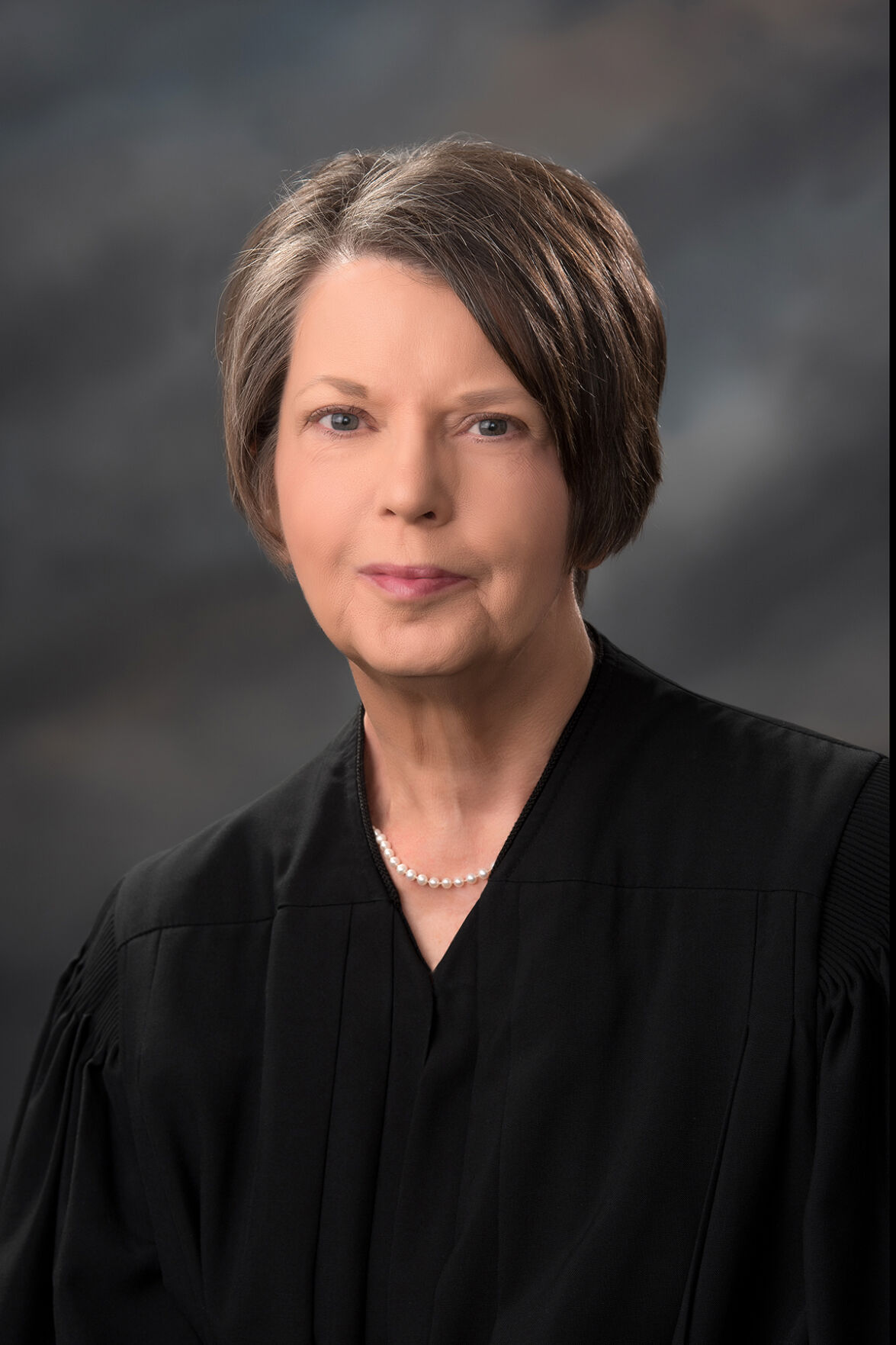A 35-member rural task force has been formed to look at what can be done to address unmet legal needs in rural Kansas.
The Kansas Rural Justice Initiative Committee became effective Dec. 1 with an order by Kansas Supreme Court Chief Justice Marla Luckert, who was raised in Sherman County. She noted that declining rural population trends in the Sunflower State were similar to other states and have affected professional services.
The task force will be chaired by Justice K.J. Wall, a native of Scott City. The committee has representatives from all three branches of state government, legal and business communities, law schools and organizations that serve victims of sexual or domestic violence.
Over 300,000 court cases are filed each year in Kansas and that means hundreds of thousands of Kansans are impacted by litigation, Luckert said, ranging from criminal to civil.
“We all know that’s not just one person,” she said. “There are at least two people involved.” Often times there are multiple people involved and one of her goals is to make sure each entity has the ability to access advice and counsel.
Attorneys are also necessary for matters involving disputes over health care, elder abuse and neglect that can include people of all ages, she said. Litigation can have dramatic impact on people whether it is evictions, foreclosures, debt collection, job terminations, denial of benefits and refuge from domestic violence or children who suffer from abuse. There are also consequences as a result of divorce. All of those matters happen in rural areas, too.
Luckert said all people should have an equal ability to have representation to resolve conflicts and she added access to justice is not equal because of factors that might include lack of information or availability or lack of resources to hire a qualified attorney.
Two western counties—Wichita and Hodgeman—do not have an attorney, she said. Several other rural counties may have one or two attorneys.
The committee over the next 18 months is expected to study the general population trends as well as trends related to attorneys and other legal professionals who support court and court-adjacent programs. It will also look for differences in met legal needs related to population density. It will also look recruiting and retaining professionals.
Once its task is completed the task force will submit its initial recommendations to the Kansas Supreme Court.
Eighteen months is an ambitious timeline, according to Shawn Leisinger, associate dean for centers and external programs with the Washburn University School of Law, Topeka, Kansas. He is a member of the committee and the issues are complex. It starts by having the people who bring the pieces of the puzzle together and Leisinger helped recommend members for the task force.
He knows firsthand the difficulties rural areas have, and Washburn’s law school has a Rural Law program to encourage students to consider locating to rural areas. That program, supported by a grant from the Dane G. Hansen Foundation, in recent years has resulted in around 15 young lawyers starting practice in the rural northwest Kansas counties. The numbers indicate the need.
In many rural areas a base goal is to start replacing attorneys who want to retire, Leisinger said.
“These attorneys are in their 70s and 80s and they feel they simply cannot retire,” he said.
Developing a pipeline from high school through local universities to law school for local attorneys who can do estate planning, property and contract work that farmers and ranchers need, he said, is important in rural areas. Given the level of investment farmers make, it is essential to have professionals who can help them with estate, business and tax planning.
While much focus is made about specialized services that attract attorneys into urban areas, most rural areas need an attorney who can provide basic services, Leisinger said. Rural residents need attorneys to consult with on complex legal matters. For example, he or she could network and reach out to an expert for assistance in applying a new farm bill.
The key is local attorneys need to have others in place that they can network with so they can best serve the client, Leisinger said.
Eighty percent of all active attorneys are in six urban counties in the eastern region of the state, Luckert said. In rural Kansas there is only one active attorney for every 810 residents while in urban areas there are two active attorneys for every 535 residents.
Other task force members with direct ties to rural communities include state Sen. Elaine Bowers, Concordia; state Rep. Tory Blew, Great Bend; Wendee Grady, assistant general counsel and director of the legal foundation of the Kansas Farm Bureau; Trisha Pardon, Office of Rural Prosperity, Kansas Department of Commerce; Jake Worcester, Kansas 4-H Foundation; and Jill Zimmerman, Kansas Agricultural and Rural Leadership program.
Notably a number of young rural attorneys that have been through the Washburn Law rural program are serving on the committee to give their perspective. Also, attorneys from several sparsely populated counties and lawyers from larger centers that depend on agriculture are also on the committee.
Dave Bergmeier can be reached at 620-227-1822 or [email protected].




